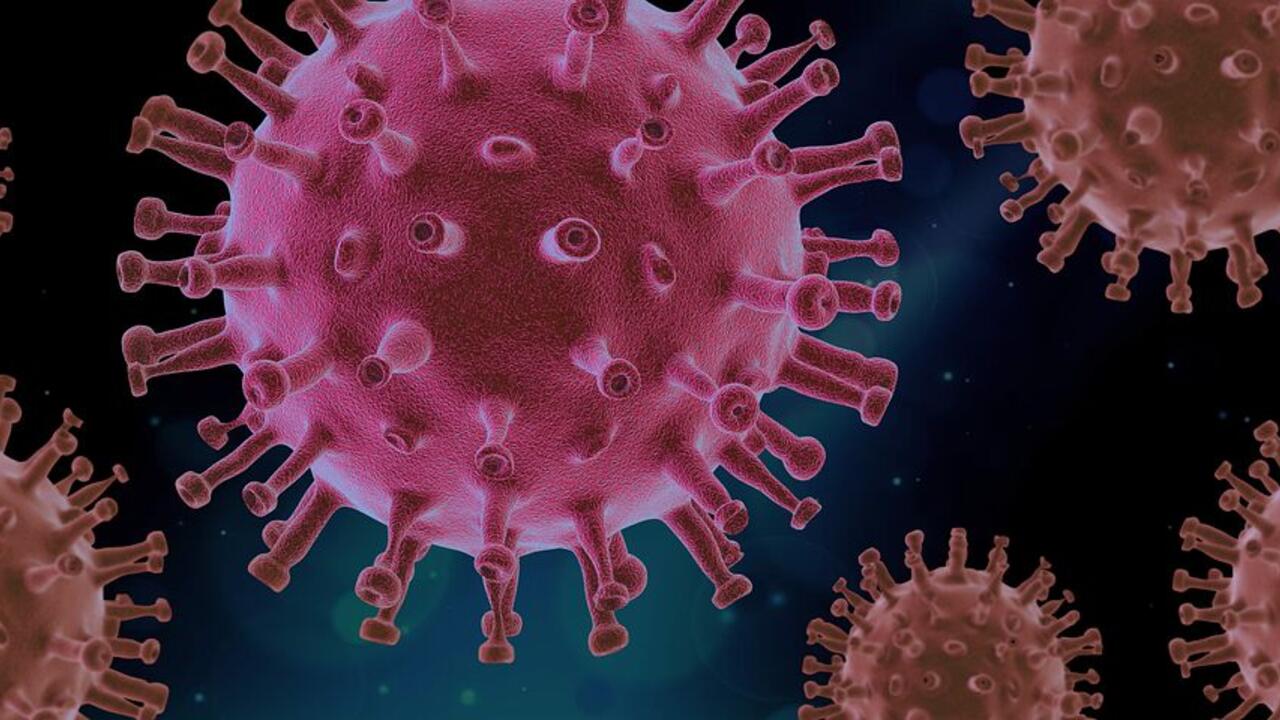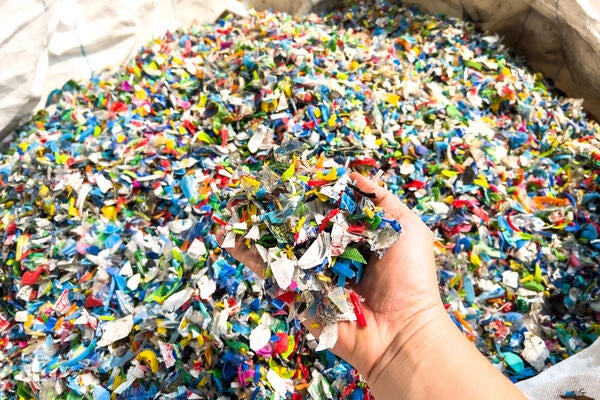Previously, scientists have determined that entry of SARS-CoV-2 into cells occurs through a receptor on the cell surface, known as ACE2. But the McMaster-Waterloo team has found that the ACE2 receptor is at very low levels in human lung tissue.
“Our finding is somewhat controversial, as it suggests that there must be other ways, other receptors for the virus, that regulate its infection of the lungs,” said Jeremy Hirota, co-lead scientist of the team from the Research Institute of St. Joe’s Hamilton and an Assistant Professor of Medicine at McMaster.
“We were surprised that the fundamental characterization of the candidate receptors in human lung tissue had not yet been done in a systematic way with modern technologies.”
“Finding such low levels of ACE2 in lung tissue has important implications for how we think about this virus.” said co-lead Andrew Doxey, Professor of Biology at the University of Waterloo. “ACE2 is not the full story and may be more relevant in other tissues such as the vascular system.”

(left to right) Jeremy Hirota, Assistant Professor of Medicine at McMaster University and co-lead scientist from the Research Institute of St. Joe’s Hamilton, and Andrew Doxey, Associate Professor of Biology at the University of Waterloo.
A paper on their findings has been published recently in the European Respiratory Journal. Their findings have been confirmed independently by other researchers in Molecular Systems Biology.
Now, to explore alternate additional infection pathways and different patient responses to infection, the team is using nasal swabs that were collected for clinical diagnoses of COVID-19. These samples offer the opportunity to determine which genes are expressed by patients’ cells and associate this information with the development of the patients’ disease.
The ongoing study will better identify and treat patients who are at risk of developing serious complications and provide predictive capacity for hospitals.
“It is clear that some individuals respond better than others to the same SARS-CoV-2 virus. The differential response to the same virus suggests that each individual patient, with their unique characteristics, heavily influences COVID-19 disease severity,” said Hirota, who holds the Canada Research Chair in Respiratory Mucosal Immunology at McMaster.
“We think it is the lung immune system that differs between COVID-19 patients, and by understanding which patients’ lung immune systems are helpful and which are harmful, we may be able to help physicians proactively manage the most at risk-patients.”
Researchers will correlate positive and negative COVID-19 cases with clinical outcomes and ultimately use this data to generate predictive algorithms related to morbidity and mortality. The aim is to use this predictive information to optimize health care delivery.
The research has received grants from the Ontario COVID-19 Rapid Research Fund of the Ontario government, from the COVID-19 Innovation Challenge of Roche Canada and from FastGrants.org managed by the Thistledown Foundation in Canada.
“We’re looking for additional partners to collaborate with us in moving this research forward, as we believe there is an opportunity to develop diagnostic devices with this information,” said Hirota.









